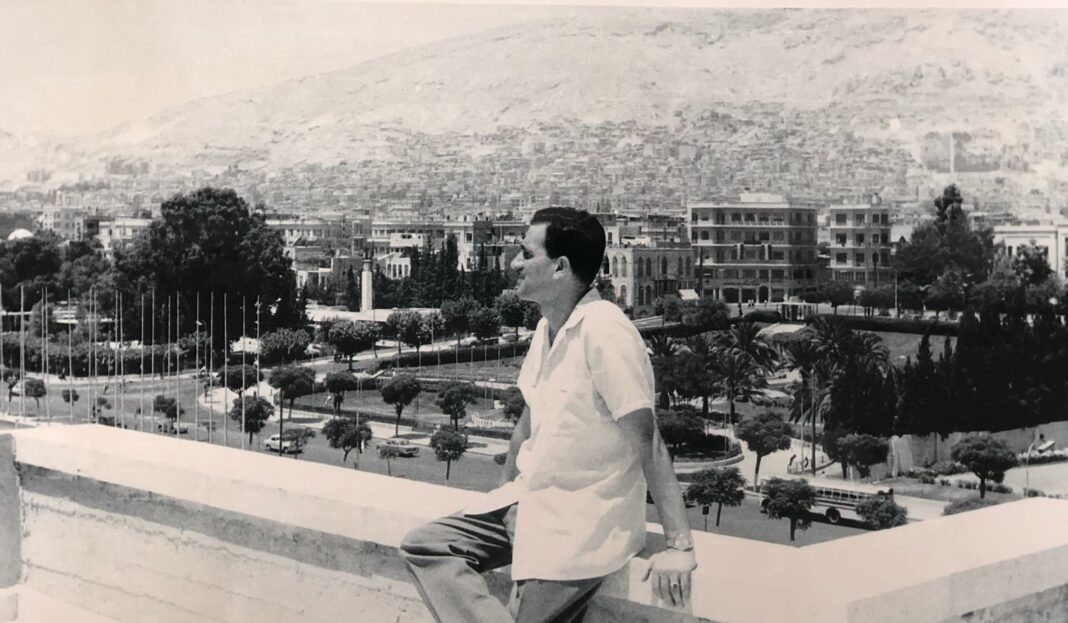1. Introduction
Eliahu ben Shaoul Cohen, better known as Eli Cohen, was an Israeli spy who conducted espionage for Mossad in Damascus, Syria between 1961 and 1965. His infiltration among the Syrian politico-military elite is undoubtedly among the most successful Mossad espionage operations known publicly. Indeed, in less than five years, Kamel Amin Tabeeth, Cohen’s undercover identity, passed from Buenos Aires to Damascus, quickly climbing the social hierarchy, obtaining trust and befriending prominent figures of the Syrian establishment. These links permitted him to access valuable intelligence from one of Israel’s most dangerous enemies.
Nevertheless, the same overconfidence that allowed several outstanding results, combined with Mossad growing pressures and Syrian suspicions, led to this capture in January 1965. Despite the mediation attempts by his family and the Israeli authorities, they publicly hung Eli Cohen in Damascus on 18 May 1965.
While Cohen undoubtedly furnished valuable intelligence to Israel, the relevance of his contributions has been partially romanticised. Around this legendary character of Israeli security forces, the debate remains heated. Whereas some sustain the primary role of Cohen’s intelligence in 1967 Israel’s landslide victory in the six-day war, others consider him a “very poor spy”.
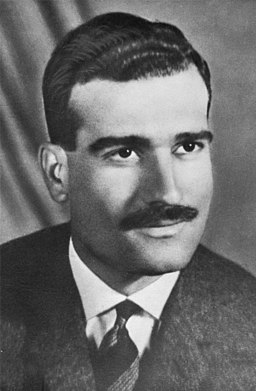
2. Egypt 1924-57
Eli Cohen was born in Alexandria, Egypt, in 1924. His parents were two Syrian Jews originally from Aleppo. While most of his family moved to Israel in 1949, Eli decided to remain and pursued engineering studies at University. [source] During his youth, he became a member of the local Zionist movement, participating actively in its initiatives.
2.1 The genesis of a unique spy story
1954 marks a watershed in Cohen’s life. Indeed, in July, the Egyptian authorities exposed the Israeli undercover cells while preparing terrorist attacks. The so-called Operation Susannah aimed to create internal instability to prevent British departure from the Suez Canal. This objective would have been reached through false flag bomb attacks against cinemas, libraries and western educational centres blamed on the Egyptian communists and the Muslim Brotherhood. The plot exposition put at risk the whole Jewish community [source] and led to the arrest of the same Cohen. However, due to an evident lack, the Egyptian authorities released Cohen shortly after. [source]
In 1956, with Nasser’s coming to power and the Suez crisis, the relationship between Israel and Egypt further deteriorated, rendering the life of Egyptian Jews even more difficult. Hence, after being briefly detained by the Egyptian authorities during the Israeli occupation of Sinai, the young engineer was expulsed and arrived in Israel at the beginning of 1957. [source]
3. Israel 1957-60
Even before entering Israel, Eli had applied two times to Israeli Intelligence without success. Indeed, despite an overall positive evaluation, the examiners remarked a tendency to overestimate his capabilities and inner tensions. However, thanks to his linguistic skills in Arabic, French and Hebrew, he started working as a translator for the Israeli Military Intelligence.
Despite the early rejections, the growing border tension between Syria and Israel rendered increasingly essential an espionage mission in Damascus. In May 1960, after overcoming initial hesitations, Eli Cohen joined Unit 188, Israel Defence Force’s Intelligence Branch, also known as Aman. Nevertheless, during his mission, Unit 188 passed under Mossad, the Israel intelligence branch focused on external operations. [source]
The delicate international situation speeded up the training. Indeed, after a few months of practical exercises and some rudimental Quran knowledge, Cohen flight to Buenos Aires. At that time, Argentina’s capital city hosted a large Arabic community and key figures of the Syrian diaspora. [source]
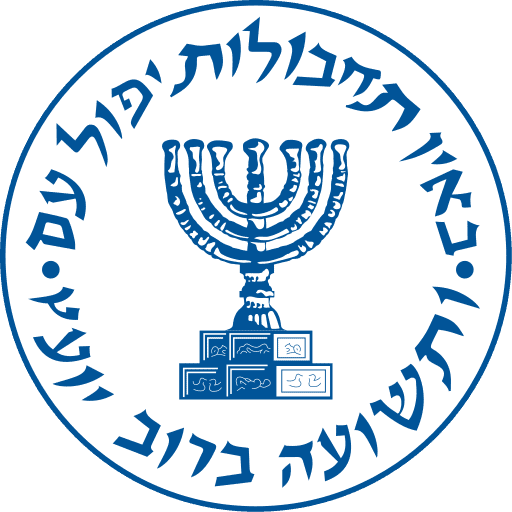
4. Espionage’s beginning: Buenos Aires, 1961
Eli Cohen arrived in Argentina in February 1961 with a new identity [source]. His new name would be Kamil Amin Tabeeth, a Syrian emigrant who, despite the death of his parents, had made his fortune in Argentina and dreamed of returning to his motherland. Thus, Kamil started attending Arab restaurants, cinemas and political clubs, distinguishing himself for fervent patriotism. On these occasions, Tabeeth’s remarkable social skills allowed him to forge links with important characters. Among others, the friendship with Abdel Latif Hassan, Arab world magazine editor-in-chief, and the meeting with General Amin el-Hafez, the military attaché of the Syrian embassy, well show Kamil’s outstanding successes. [source]
These meetings granted him several recommendation letters for entering Syria. Hence, after slightly less than one year, Kamil was ready to begin the espionage operation in the target country.
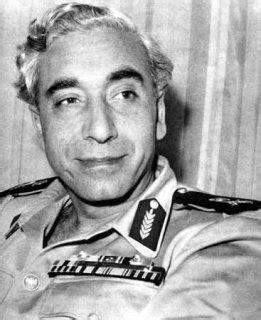
5. Espionage in Syria, 1961-65
Following a brief period in Tel Aviv to complete the mission’s preparation, Cohen left for Europe. There, he took the SS Astoria, a ferry from Genoa to Beirut. During the trip, he met Majeed Sheikh el-Ard, a Syrian international entrepreneur well-known in Damascus. Once in Beirut, Majeed helped Kamil on the journey to Damascus, especially at the border crossing. Indeed, thanks to his acquaintance of the border post’s chief, Abu Khaldun, Tabeeth could pass it, avoiding the luggage check.
In January 1962, Tabeeth finally arrived in Damascus. The numerous recommendations letter from the Syrian diaspora in Buenos Aires played a fundamental role in entering into contact with the economic, political and military elite. Just in a few months, Tabeeth was able to significantly increase his notoriety by often organising lavish parties for high society. Additionally, he established strict contact with the rising Ba’ath party, proving his loyalty through substantial economic support. [source]
5.2 Outstanding successes
This powerful network and the earned esteem allowed him to furnish precious information about one of Israel’s principal enemies. The trust level was so high that Tabeeth, albeit a civilian, was accompanied by a Syrian military officer to visit the fortifications on the Golan heights three times. These military facilities in the country’s southwest constituted a relevant threat to Israel. During one of his visits, the Syrian businessmen suggested planting eucalyptus nearby the military fortifications. Under the guise of sheltering the soldiers from the sun, the realisation of this project rendered the Syrian bunkers more visible. This significantly helped Israeli forces in the upcoming six-day conflict.
Besides, Cohen could discover and send relevant information about tank trap positions, the list of Syrian pilots, various weapon sketches and Nazis hidden in Damascus. [source] The agent transmitted his findings in morse language through a small telegraph to Unit 188
In march 1963, a group of generals near the Ba’ath party staged a coup, seizing power. Numerous people in Tabeeth’s network obtained relevant government charges. Among others, the military attaché he met in Buenos Aires, General Amin el-Hafez, was nominated Defence Ministry. The situation further improved when in July, el-Hafez’s achieved the presidency of the Revolutionary Council, the highest office in Syria.
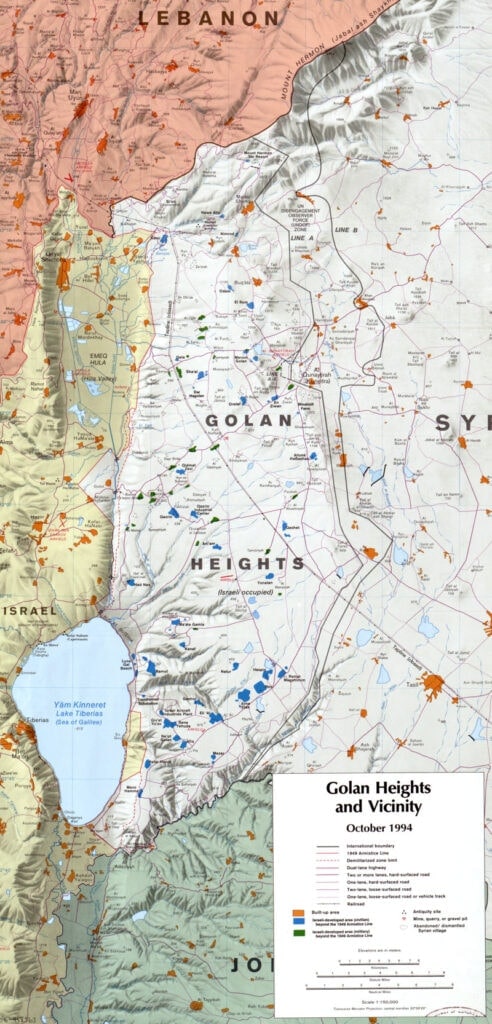
5.2 The capture and the process
However, the growing tensions in the area led to the tightening of Syrian security measures. el-Hafez started military partnerships with the Soviet Union, obtaining new equipment. Moreover, Israel increased capability in foreseeing the Syrian moves had not passed unnoticed. Indeed, the Mukhabarat, the Syrian military intelligence, was increasingly suspicious of the presence of an Israeli spy. These changes rendered Cohen’s espionage rapidly more dangerous.
In January 1965, thanks to new soviet technologies, the Mukharabat identified in Tabeeth’s apartment the sources of the suspect signals and arrested him. Despite the hiring of the renowned lawyer Jacques Mercier and international mobilisation in favour of his liberation, the Syrian court sentenced him to death. The appeal for clemency signed by notorious personalities, such as Pope Paul VI and Bertrand Russell, rang hollow. On 18th May 1965, Eli Cohen was publicly hanged in Damascus.
Below is Cohen’s last letter written for his wife and family before being hanged:
Eli Cohen letter:
To my dear Nadia and my dear family:
I am writing to you these last words, a few minutes before my end, and I would like to beg you to be forever united.
I request you, dear Nadia, to pardon me and take care of yourself and our children. Look after them thoroughly, bring them up and give them a complete education, don’t deprive them or yourself of anything.
Please be always in close communication with my dear parent.
You can get remarried in order not to deprive the children of a father. You have the full liberty to do so. I am begging you, my dear Nadia, not to spend your time in weeping about something already passed.
Concentrate on yourself, looking forward for a better future!
I send you my last kisses to you and to the children: Sophie, Irit, and Shaoul, and to the rest of my family, especially my mother…
Don’t forget also your dear family; give them my best regards.
Don’t forget to pray for the soul of my late father and of mine.
Receive my blessings to all of you.
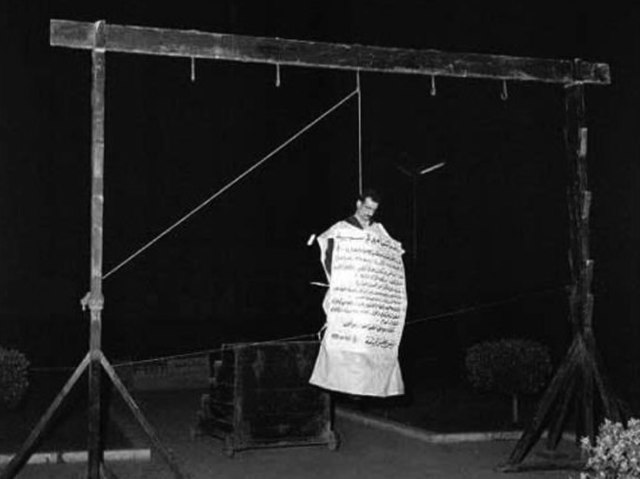
6. Ongoing Debates
Evaluating the impact of espionage performance is always a complex task. It becomes even more sensitive when the agent is caught and killed. In these cases, it is easy to overestimate espionage’s impact on relevant historical events. Regarding Eli Cohen, some authors attributed much of the merit of Israel’s victory in the 1967 six-day war to the evidence collected during his mission. Even though Cohen’s positive contributions are undeniable, other important factors fostered the defeat of the Syrian attacks. Indeed, the reconnaissance flight over the Golan Heights (IMINT) and the wiretap of the Arab heads of state (SIGINT) played a focal role in the war. [source]
Another delicate debate regards Eli Cohen’s quality as an agent. While the vast majority highlights his remarkable qualities, there are few critical views. For instance, Rafi Eitan, a former Mossad agent, judged him “a very poor spy”. According to him, Cohen transmitted too frequently (once per day in the last month) and did not vary the timing enough. Besides, Cohen often transmitted also out of topic messages, mainly about his wife, exposing himself to unnecessary risk.
Finally, Cohen’s family accuses the Mossad of overworking Eli, sending him back to Syria in early 1965 despite the security environment’s degradation.
7. Conclusion
The success of Eli Cohen’s espionage story is that it faithfully follows the profile of the secret agent in the collective imagination. Despite the invaluable positive impact of Cohen’s dedication, the tragic death of the agent fostered the romanticisation of his achievement and impact. Indeed, Cohen’s impressive social skills allowed him to create a widespread network of Syrian elites quickly. However, the combination of soviet technologies, Mossad’s pressure, and the agent overconfidence led to espionage exposure and Cohen’s tragic end.
While there is no consensus about the impact of his performances, Eli Cohen’s espionage in the “Lion’s den” surely remains one of Mossad’s most spectacular operations publicly known.

